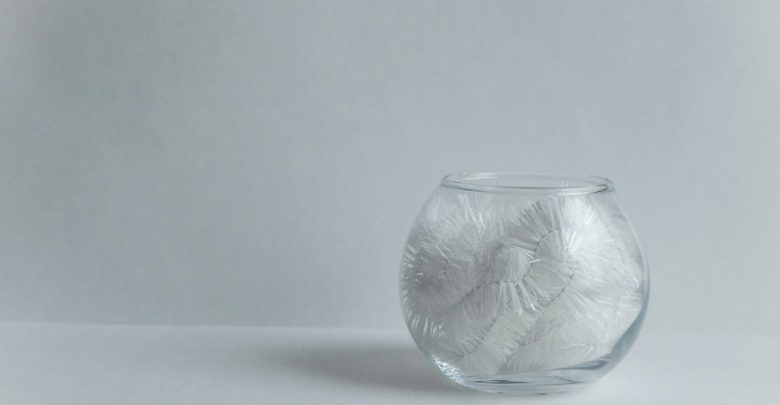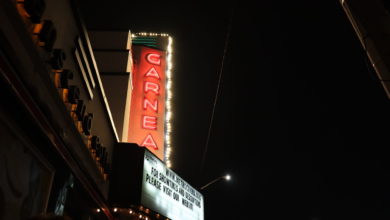This holiday season, choose minimalism over materialism
We can find more fulfillment in life by building stronger connections with the things we already have
 Supplied
SuppliedIt’s that time of the year again — the holiday season is upon us, eliciting a feeling of merriment, joy, and not to mention the compulsive desire to purchase new stuff.
During the season, we are being sold a rather superficial, “picture-perfect” lifestyle, the pursuit of which, in reality, is the most elusive of endeavours. This consumerist buzz that spreads under the monikers of “Black Friday,” “Cyber Monday,” “New Year Sale,” and many other guises, both fosters conspicuous consumption and provides the much-needed dopamine rush that satiates our innate craving to reward ourselves, catering to our primal human instinct of hunting and gathering.
However, something radical has changed in modern times, as products are being replaced at such an accelerated pace that they barely make it to the end of their life cycles. However, despite having access to possibly the best standard of living, are we truly living meaningful lives? Do we really need that new iPhone or Gucci bag? Or is it our mere infatuation with the pursuit of promised happiness through the repetitive behaviours of earning, spending, using, and discarding?
A healthy alternative to the current consumer culture is the concept of minimalism: finding more in less. In minimalism, one purchases goods with the intent that there exists a certain justifiable rationale, a quality that transcends the realm of materialism.
Minimalism, over the course of years, has developed a negative connotation: that it signifies eliminating almost everything we love in exchange for a lifestyle akin to that of an ascetic. However, this is not only fundamentally wrong, but also undermines our very fundamental human nature. Minimalism, in its truest sense, does not seek to completely eliminate our attachment to material goods. On the contrary, it aims to strengthen the bond with the things that are dearest to us — things that truly add value to our lives. It is the philosophy that implores us to narrow down our focus to the things that matter, eliminating things which serve no purpose other than occupying space on our shelves (and in our lives). This act of decluttering can prove to be very cathartic, bringing simplicity and clarity to our already hectic lives.
A collection of Gucci bags can be just as meaningful as a family heirloom, depending on our individual value systems. Both possess a tendency towards redundancy, and may end up as dead weights once we stop caring for them at some point or another. Thus, minimalism is a subtle art that enriches our lives by cutting down on the unnecessary baggage (pun intended) and inculcating a healthy habit of maximizing utility from the objects we have.
In the long run, such practice needs to become a norm: for reducing our ecological footprint, optimizing the usage of limited resources, avoiding undue waste, and above all, creating a much more purposeful and streamlined life devoid of unnecessary distractions. With minimalism, we can attain serenity and inner peace, things that are quintessential for living our lives to its fullest.
To quote Mahatma Gandhi: “The world has enough for everyone’s need, but not enough for everyone’s greed.”




